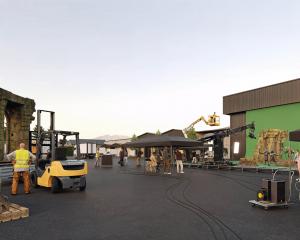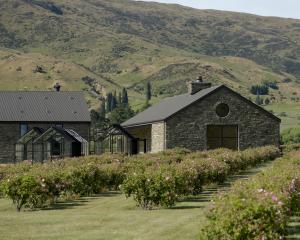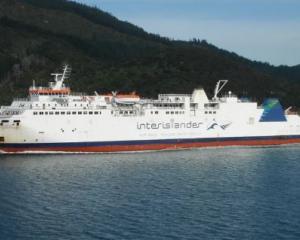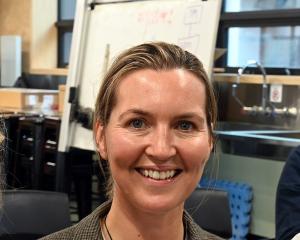The development of the Barque field, offshore from Oamaru, has the potential to more than double New Zealand's current oil and gas production, a study has found.
The historic chances of a commercial discovery sat at about 20%.
The gas-to-shore scenario could generate $450 million in annual GDP from operations and $700 million each year in royalties and taxes over the life of the field.
More importantly from a South Island perspective, the construction phase of the Barque field could create 1940 offshore jobs and 950 jobs in ongoing operations in one scenario. In a second scenario, 3100 jobs could be created in gas-to-shore operations, and 1980 in ongoing operations.
Consultancy firm Martin Jenkins was engaged by New Zealand Oil & Gas, in partnership with New Zealand Trade and Enterprise and Beca, to undertake an economic impact analysis of the two scenarios for the development of the Barque field.
Barque is a promising undrilled exploration prospect in the Canterbury Basin, east of Oamaru.
Situated within the Clipper permit jointly owned by NZOG and Beach Energy, the Barque prospect potentially contains more than five trillion cubic feet (Tcf) of gas and light oil. It is of similar size to Maui, Taranaki's largest oil and gas field.
The study suggested there was sufficient interest to establish a local market for natural gas in the South Island and the impact of bringing gas to shore would be far greater than the base-case.
''An opportunity exists for interested commercial parties and other stakeholders to work with local industry, to ensure the local region and New Zealand captures as much value as possible from the extraction and processing of its natural resource,'' the report said.
The development scenarios would have greatest regional impact on the eastern coast of the South Island. The area was made up of several local authorities - Dunedin, Waitaki, Waimate, Timaru, Ashburton, Selwyn and Christchurch.
NZOG was in discussions with potential international partners working towards April next year when the joint venture must commit to drilling an exploration well or surrender the permit.
If the drilling commitment was secured, production could begin as early as 2025.
The Barque field could be important because of signs the new Government might be rethinking its approach to oil and gas exploration in New Zealand.
Prime Minister Jacinda Ardern has signalled this year might be the last a block offer is made for petroleum exploration.
The block offers are made annually, usually sparking protests from environmentalists.
On The Nation, Ms Ardern said fossil fuels were not New Zealand's future, and future block offers would be reviewed.
NZOG chief executive Andrew Jefferies said world-class safety and environmental performance would be a bottom line in delivering the project's economic and environmental benefits.
The company worked closely with local communities through formal relationships and community panels.
One issue repeatedly raised was how the community would benefit from a discovery, he said.
''While the scenarios explored in the study are conceptual, the study finds piping gas to shore and a commercial gas market in the South Island have realistic potential to produce jobs, exports and considerable government royalty and taxes.''
The commercial outcomes from either piping gas to shore or processing offshore were similar, Mr Jefferies said.
Both were economically significant but much greater economic gains could be realised by the community if it got behind a gas-to-shore option.
Natural gas from New Zealand had environmental benefits as an ideal energy source for the transition to renewables. Carbon emissions would drop if dairy plants used natural gas instead of coal.
The study showed fertiliser and methanol plans could be built in New Zealand, instead of overseas, he said.
''We believe natural gas from New Zealand would be better for the globe than alterative energy sources such as Canadian tar sands, Venezuelan bitumen or coal-bed methane from Australia.''
The joint venture was actively seeking international partners with the capability to operate and exploration well, Mr Jefferies said.












